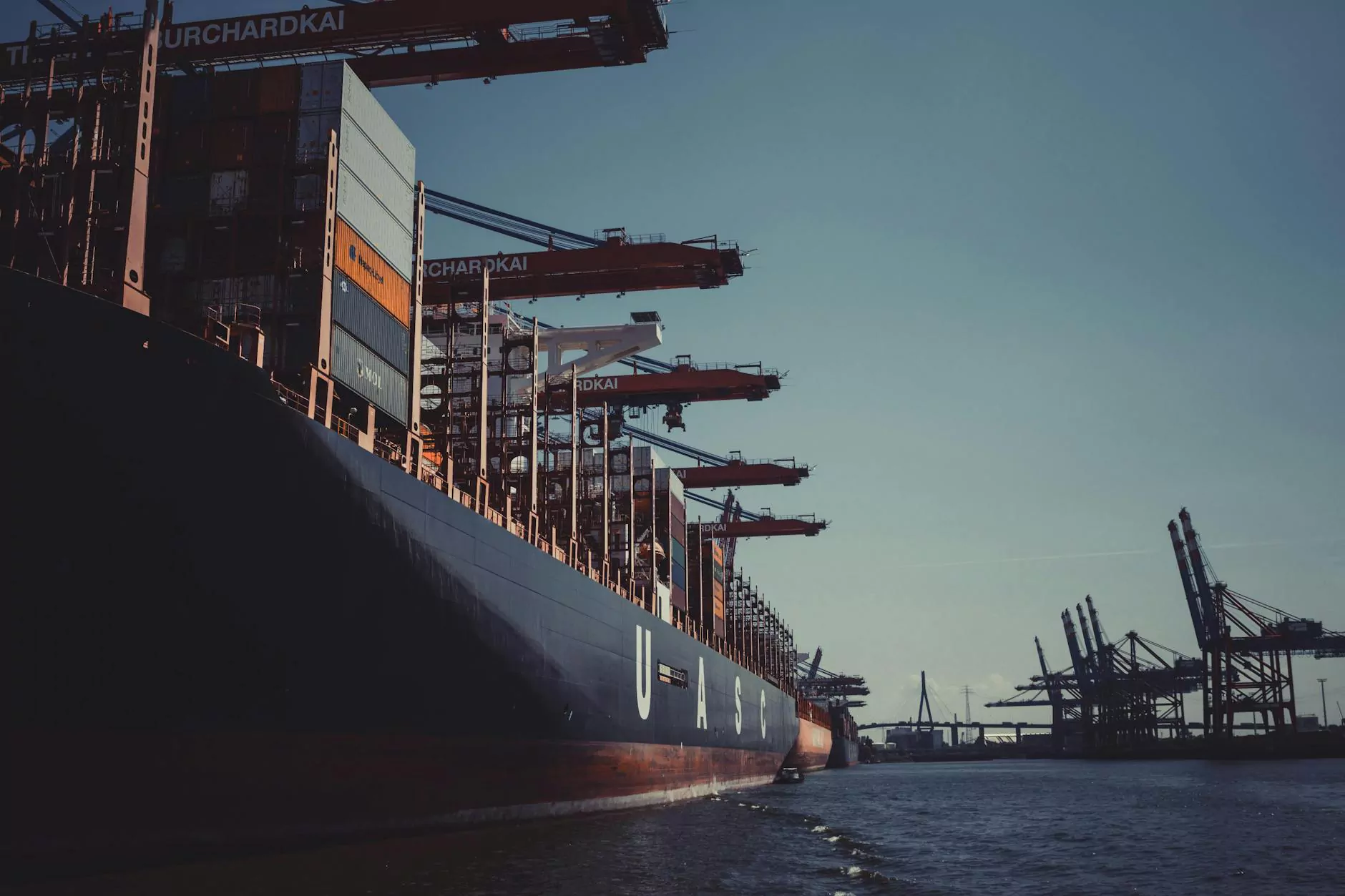Understanding Freight Charges Per KG in Business Transportation

Introduction to Freight Charges
In today's fast-paced business environment, the logistics of transporting goods effectively can make a significant difference in the success of your operation. Freight charges per kg are a crucial factor in determining the overall cost of shipping products, whether locally or internationally. Understanding these charges enables companies to optimize their logistics expenses, enhance profitability, and ensure competitive pricing.
The Importance of Freight Charges in Business
Freight charges dictate the cost incurred to transport goods from one location to another. They are usually calculated based on different factors, including weight, volume, distance, and the type of goods being shipped. This charge is particularly crucial for businesses that rely heavily on shipping products to customers.
A clear understanding of freight charges can help companies in multiple ways:
- Cost Management: Knowing the cost of shipping helps businesses plan their budgets effectively.
- Pricing Strategy: Businesses can set more competitive prices by factoring in their shipping costs accurately.
- Supplier Negotiations: Understanding freight costs enables businesses to negotiate better with suppliers and logistics providers.
- Operational Efficiency: Businesses can streamline operations by selecting the most cost-effective shipping methods.
Factors Influencing Freight Charges Per KG
To gain a comprehensive understanding of freight charges per kg, it's essential to explore the various factors influencing these costs:
1. Weight and Volume
The most significant determinant of freight charges is the weight of the shipment. Typically, carriers will charge based on the actual weight or the dimensional weight - whichever is greater. Dimensional weight considers the space the package occupies, not just its weight.
2. Shipping Distance
The distance between the shipping origin and destination heavily impacts freight costs. Longer distances usually result in higher charges due to increased fuel consumption, labor, and time.
3. Type of Goods
Different types of goods require varying levels of handling and transportation care. For example, perishable goods or hazardous materials may incur higher freight charges due to the need for special packaging and handling.
4. Shipping Methods
The choice of transportation method also affects freight charges. Ground shipping tends to be less expensive than air freight, but it may also take longer. Businesses must balance speed and cost when selecting their shipping methods.
5. Seasonal Demand
Seasonal fluctuations in demand can influence freight rates. For example, during peak seasons like holidays, freight charges tend to rise due to increased demand for shipping services.
Calculating Freight Charges Per KG
Understanding how to calculate freight charges per kg can empower businesses to make informed decisions about shipping costs. Here are the steps to perform a basic calculation:
- Determine the total weight of the shipment. This may involve weighing the packaged goods.
- Identify the chargeable weight, which is either the actual weight or cubic weight, depending on which is greater.
- Check the rate sheet from the carrier to find the cost per kg for the desired shipping route.
- Multiply the chargeable weight by the cost per kg to arrive at the total freight charges.
Ways to Optimize Freight Charges for Your Business
To remain competitive, businesses should focus on optimizing their freight charges. Here are some actionable strategies:
- Consolidate Shipments: Combining multiple smaller shipments into a single larger shipment can reduce costs.
- Negotiate Rates: Establish relationships with carriers and negotiate volume discounts.
- Utilize Freight Forwarders: Freight forwarders can provide expertise and management that may result in cost savings.
- Assess Delivery Options: Review different delivery methods and choose the best combination of speed and cost.
- Consider Technology Solutions: Implementing logistics software can help track and manage shipments effectively, unveiling opportunities for savings.
Freight Charges in Different Transportation Centers
1. Shipping Centers
Shipping centers play a crucial role in the transportation ecosystem. They act as hubs where various logistics service providers operate. Understanding regional freight charges in these centers can help businesses strategize their shipping methods and costs effectively.
2. Airports
Aviation transportation is known for its speed but can sometimes be costly. The freight charges per kg at airports can vary significantly based on routes, cargo types, and logistics providers. Exploring various airports can uncover better deals for air freight.
3. Transportation Networks
The choice of transportation network (land, sea, or air) also influences freight charges. Sea freight tends to be cheaper than air, but it is considerably slower. Understanding the optimal transportation method for your goods can lead to significant savings.
Conclusion
In conclusion, understanding the intricacies of freight charges per kg is essential for businesses aiming to optimize their shipping logistics. By analyzing various factors influencing these charges and exploring potential optimization strategies, companies can improve their bottom line and create competitive advantages in the marketplace. The logistics sector is continually evolving, and staying informed will provide businesses with the tools necessary to thrive.
For more insights into logistics and to optimize your freight charges, visit cargobooking.aero.









